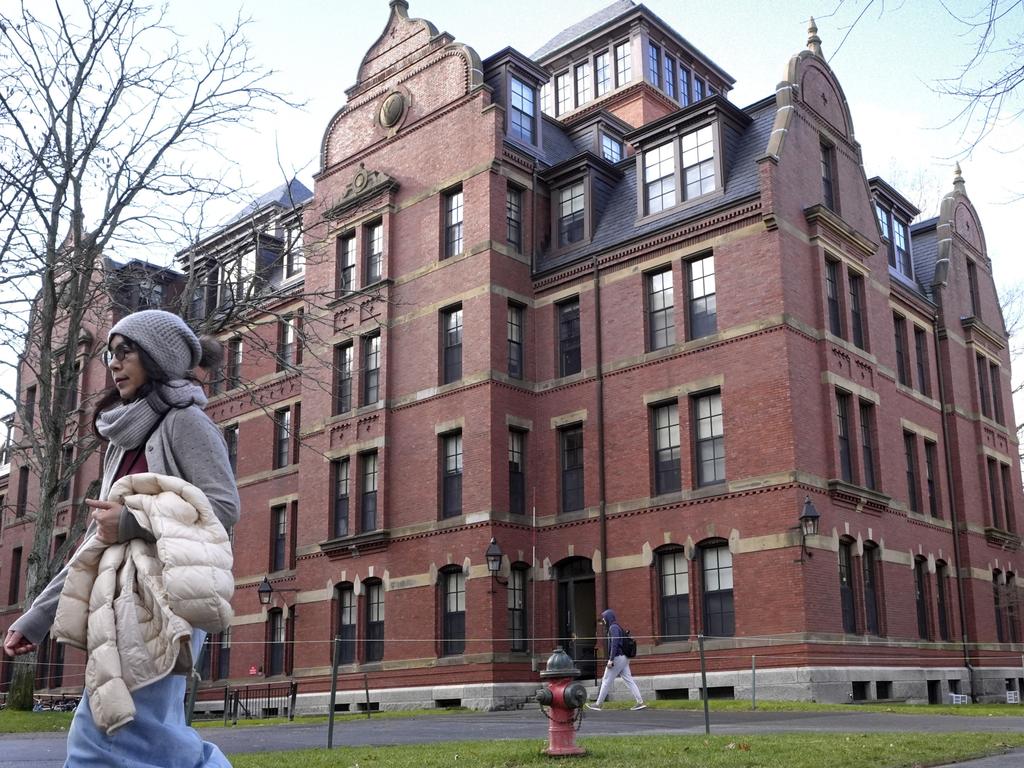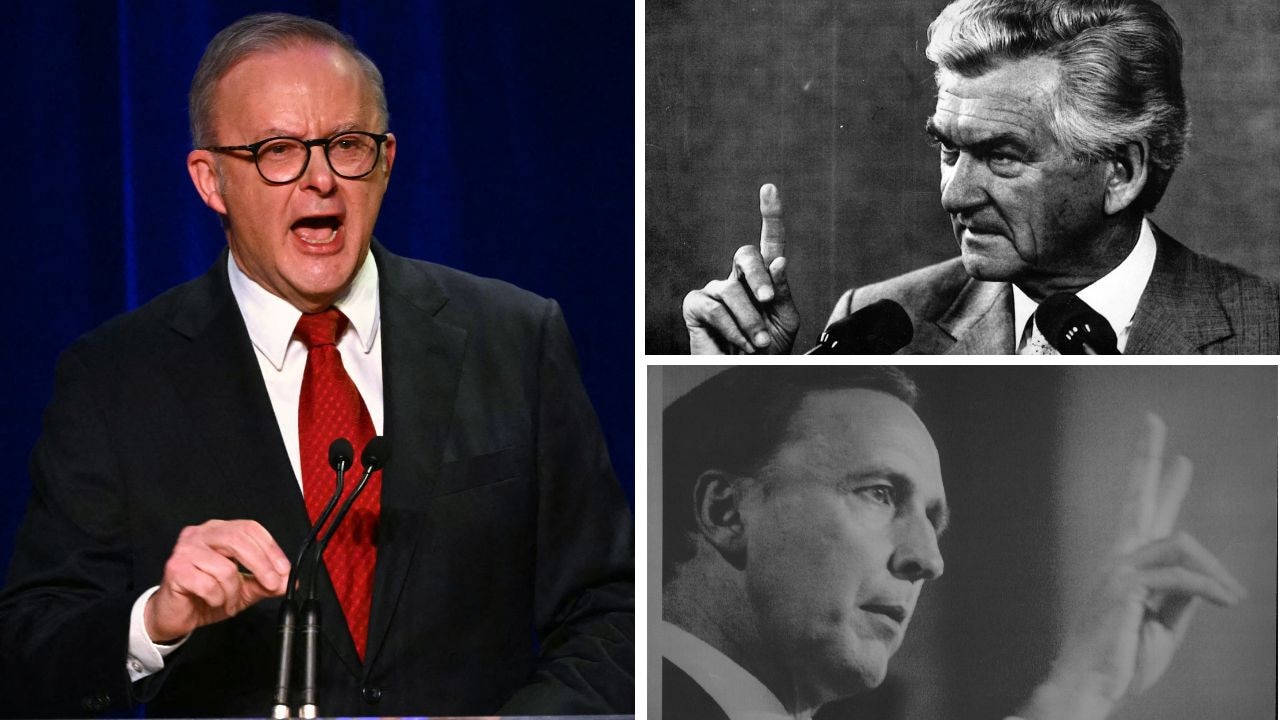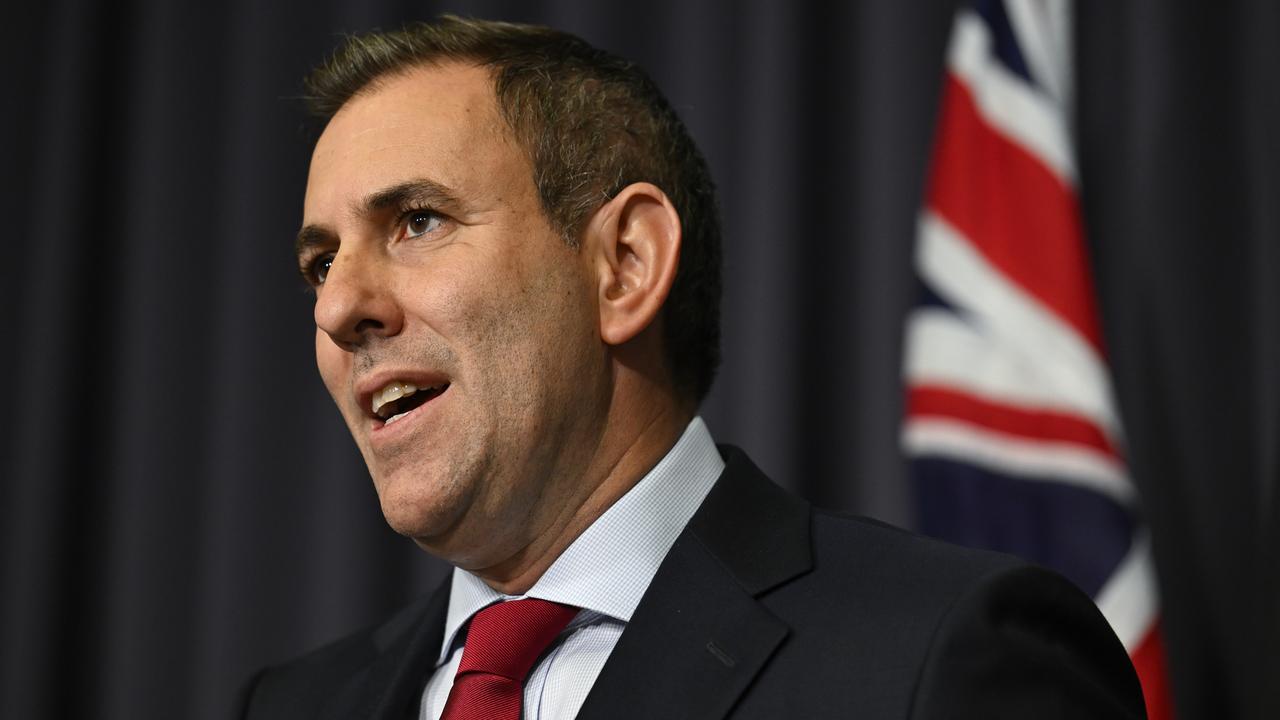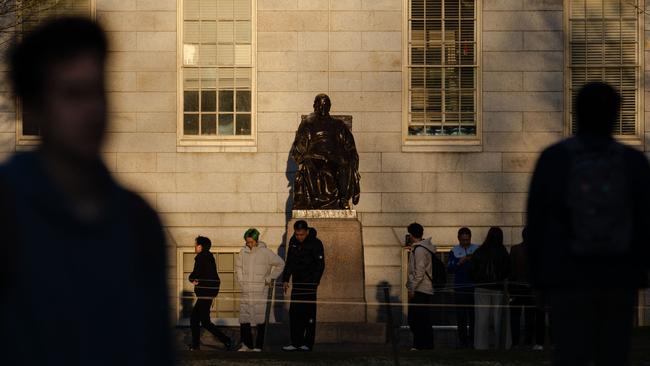
A strange thing happened when American universities reconvened in January. Suddenly, the protests that had made life hell for Jewish staff and students petered out.
The immediate cause is readily identified: university administrators finally toughened up. That partly reflects pressure from donors, large and small, who have voted with their dollars. But credit where credit is due. Had Donald Trump not been elected, this year would have been no better than last. Yet plenty of room for improvement remains.
Harvard, America’s oldest university, is a case in point. Yes, Alan Garber, its new president, has moved in the right direction, including by substantially strengthening the prohibitions on protests that “interfere with the normal activities of the university”. Additionally, the university has made it clear that protesters who vilify “Jewish and Israeli identities”, for instance by doxxing alleged Zionists, will be punished.
But as Larry Summers, the distinguished economist who was its president from 2001 to 2006, recently tweeted, “Harvard continues its failure to effectively address anti-Semitism”, with actions falling short of words. The report, released this week, of the university’s anti-Semitism taskforce convincingly backs Summers’ assessment.
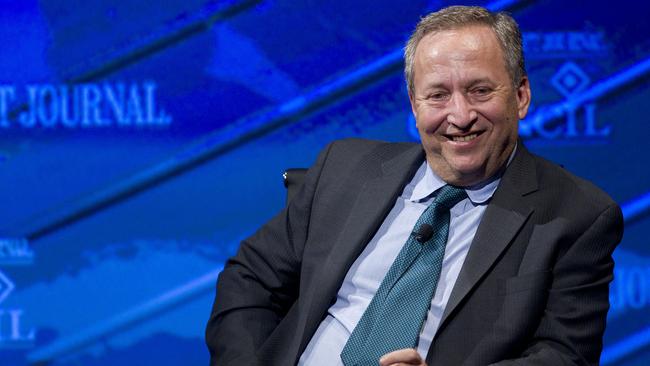
To that extent, Harvard, as a major recipient of federal largesse, is in breach of Title VI of the 1964 Civil Rights Act, which provides that “no person shall be subjected to discrimination under any program or activity receiving federal financial assistance”.
The Trump administration was therefore well placed to scrutinise Harvard’s conduct and – once it had demonstrated that the university had been “deliberately indifferent” to breaches of Title VI – impose carefully crafted remedies.
Instead, on April 11, it shot off a letter demanding (among other things) that Harvard “reform and restructure” its governance to “reduce the power” of radical students, faculty and administrators, “hire a critical mass of new faculty” to achieve “viewpoint diversity” in “each department, field, or teaching unit”, and restructure or terminate academic programs the administration considers problematic.
Then, on April 14, when Harvard rejected those demands, which it understandably viewed as a de facto government takeover, the administration froze $US2.2bn ($3.43bn) in funding. Days later, the university filed suit, seeking an “order declaring unlawful and setting aside sweeping agency action taken in violation of Harvard’s constitutional rights and its rights guaranteed by statute and regulation”.
It is fair to note that the university was nowhere near as protective of constitutional rights in 2011, when the Obama administration mandated major changes that stripped the targets of sexual harassment complaints of due process. Far from rushing to court, Harvard immediately hired 50 additional “Title IX Resource Co-ordinators” to aggressively police sexual mores.
Described by Harvard history professor James Hankins as “the most politically active element in the university”, those newly empowered bureaucrats enforced political correctness, before “opening the doors to further radicalisation following the Black Lives Matter protests of 2020”.
But the mere fact that Harvard’s howls of outrage – and those of its “progressive” allies – are tainted by hypocrisy scarcely means its suit is doomed to fail. On the contrary, it seems highly likely to succeed.
Even putting the constitutional issues aside, the Trump administration completely ignored the procedural requirements the government must follow before withholding funding for an alleged breach of Title VI – procedures the Supreme Court has referred to as “elaborate restrictions on agency enforcement”.
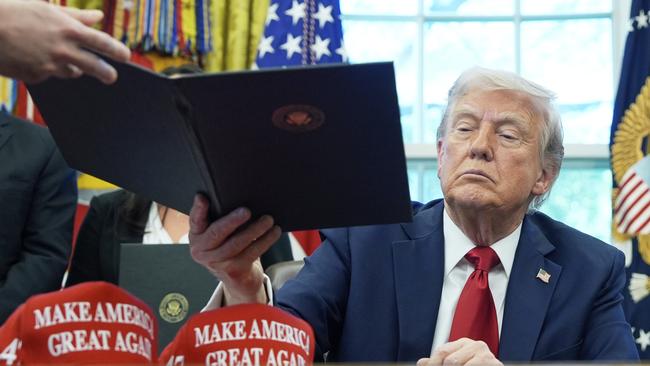
Instead, taking Alice in Wonderland’s “sentence first, verdict afterwards” precept to heart, the Department of Justice launched the in-depth investigation it is required to undertake on April 11: that is, on the very day the White House issued the letter of demand that is supposed to embody that investigation’s findings.
Given that the Administrative Procedures Act directs courts to set aside any agency action that is “arbitrary, capricious, an abuse of discretion, or otherwise not in accordance with law”, it would be surprising were Harvard’s request for an order suspending the funding freeze refused.
Moreover, given the Supreme Court’s ruling that where, as here, “the government restricts speech, the government bears the burden of proving the constitutionality of its actions”, and that the government must also show that any remedial conditions it seeks to impose are “the least restrictive means of achieving a compelling (governmental) interest”, it is hard to believe the administration’s letter of demands will survive the court’s “strict scrutiny”.
The fact that the Supreme Court has, ever since its landmark decision in Dartmouth College (1819), consistently resisted attempts at turning private universities into “a machine entirely subservient to the will of government”, makes the administration’s prospects even dimmer.
That is a missed opportunity. After all, Harvard finished last out of 486 colleges and universities in the 2025 rankings of intellectual freedom compiled by the nonpartisan Foundation for Individual Rights and Expression, scoring a mark of “abysmal”. Nor is that an aberration: already by the end of the 1990s, conclude its leading historians, Morton and Phyllis Keller, Harvard was “no more (and possibly less) open to diversity of thought than at the height of the Cold War”.
As Nathan Pusey, one of its greatest presidents, had feared when he resigned in 1971, the university succumbed to the “guilt feelings (of) teachers and students” about Harvard’s relentless focus on achievements “which require the highest intellectual ability”. With Pusey gone, it encouraged (as did many of its peers) the spread of a politically driven “social justice” agenda as viscerally intolerant of alternative viewpoints as it was inconsistent with the intensely meritocratic orientation Pusey championed.
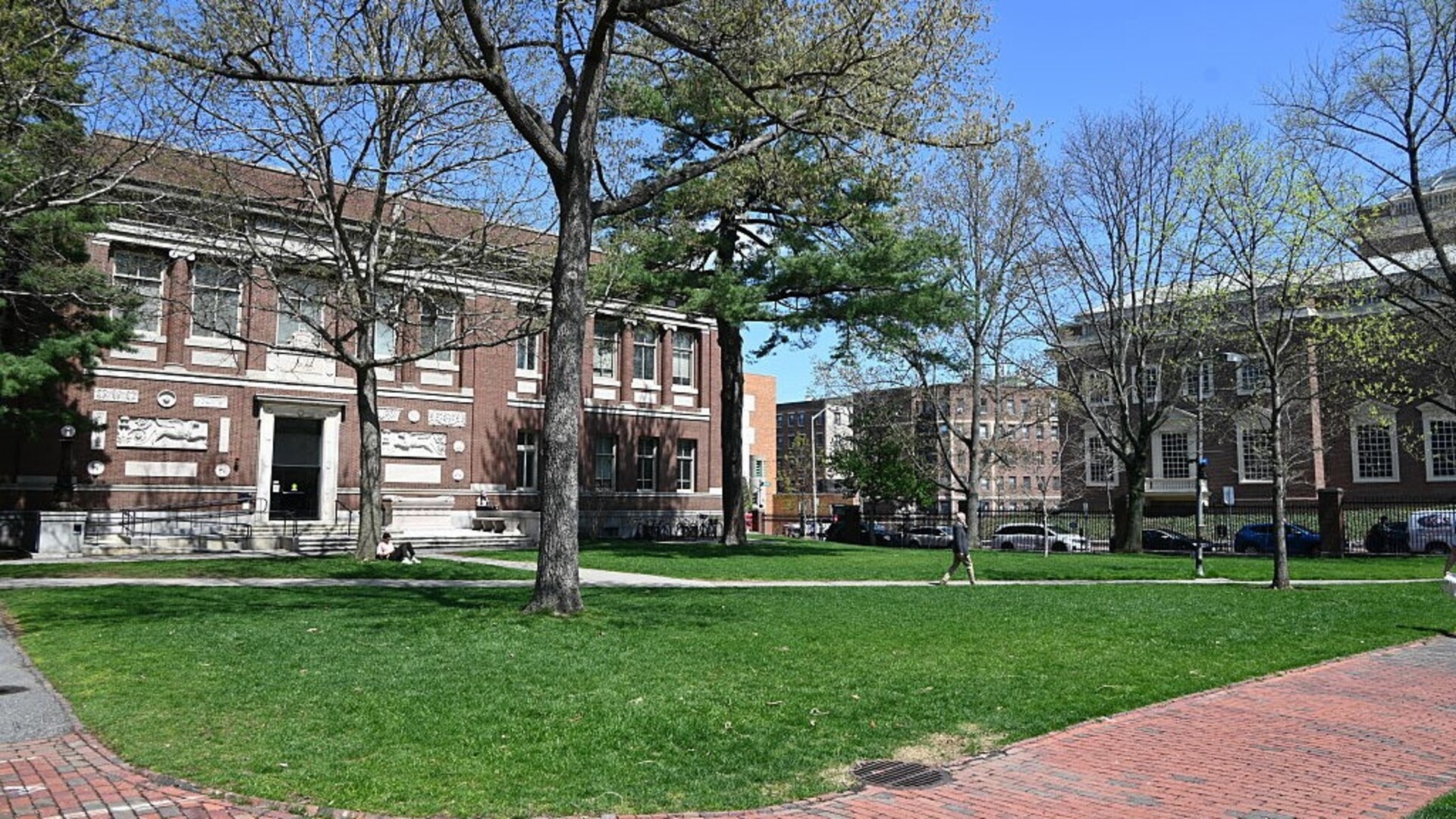
And as the report of the university’s taskforce shows, it is precisely in those parts of the university where the “social justice” agenda now predominates – shaping faculty recruitment and student assessment – that hate-fuelled anti-Semitism has flourished.
Garber is trying to turn the page; but university leadership is no longer a matter of “tyranny tempered by assassination”, as Pusey’s equally great predecessor, James Conant, famously put it.
A rapier-like intervention by the federal government, done respecting the statutory requirements, could therefore have usefully brought the pressure needed for properly targeted reforms, setting an example for Australia to follow.
Instead, the Trump administration’s blunderbuss approach has galvanised opposition, both at Harvard and at other universities, making it far harder for reform to prevail. Should its demands be shredded by the courts, the obstacles to change will become even more formidable.
Of course, as he celebrates his term’s first 100 days, Trump may not really care. He too has galvanised his troops, seemingly fulfilling his promise to “reclaim our once great educational institutions from the radical left and Marxist maniacs” by “taxing, fining and suing” them. But with fanaticism raging on both sides, it is America, whose higher education institutions have long been the envy of the world, that will ultimately pay the price.



